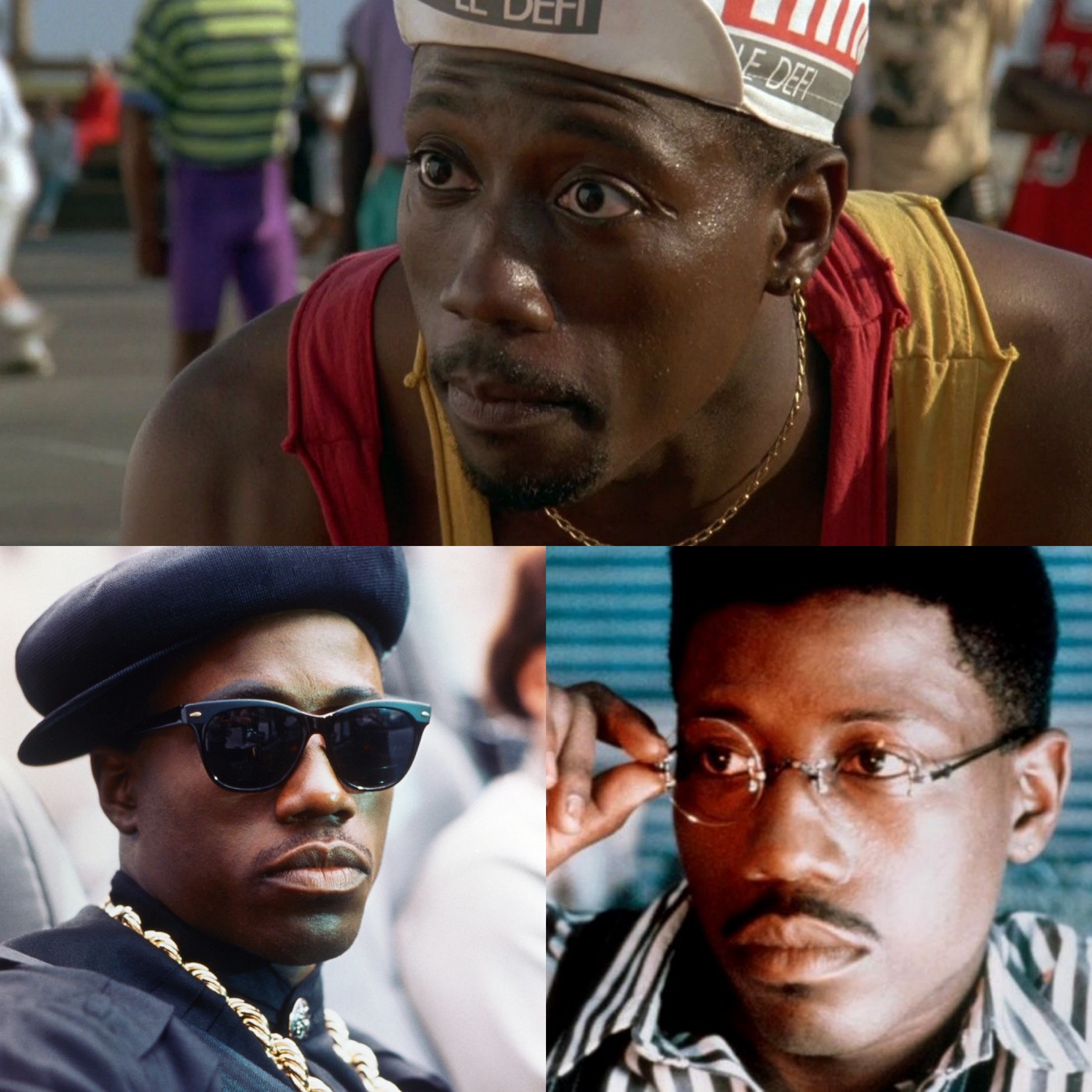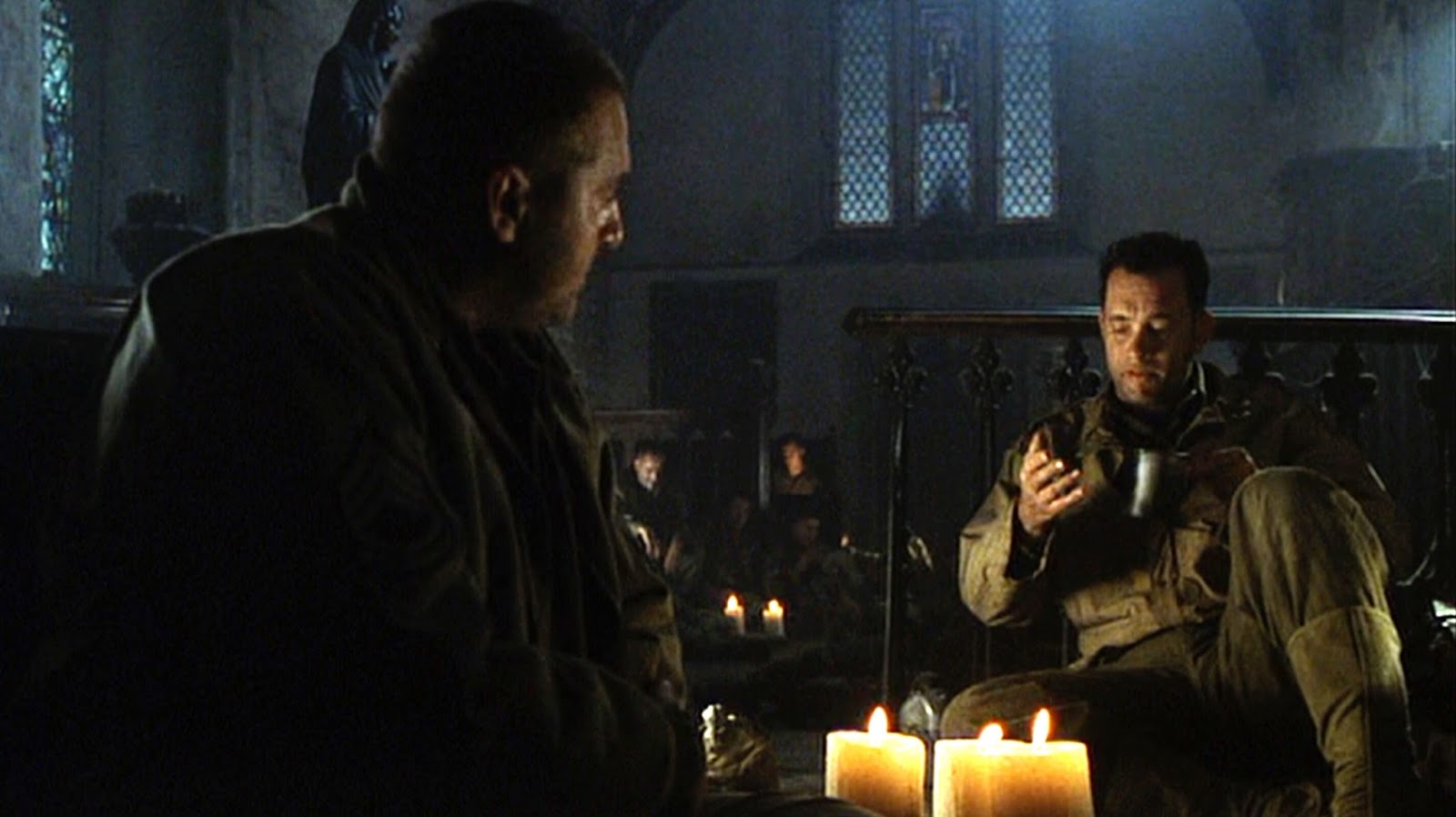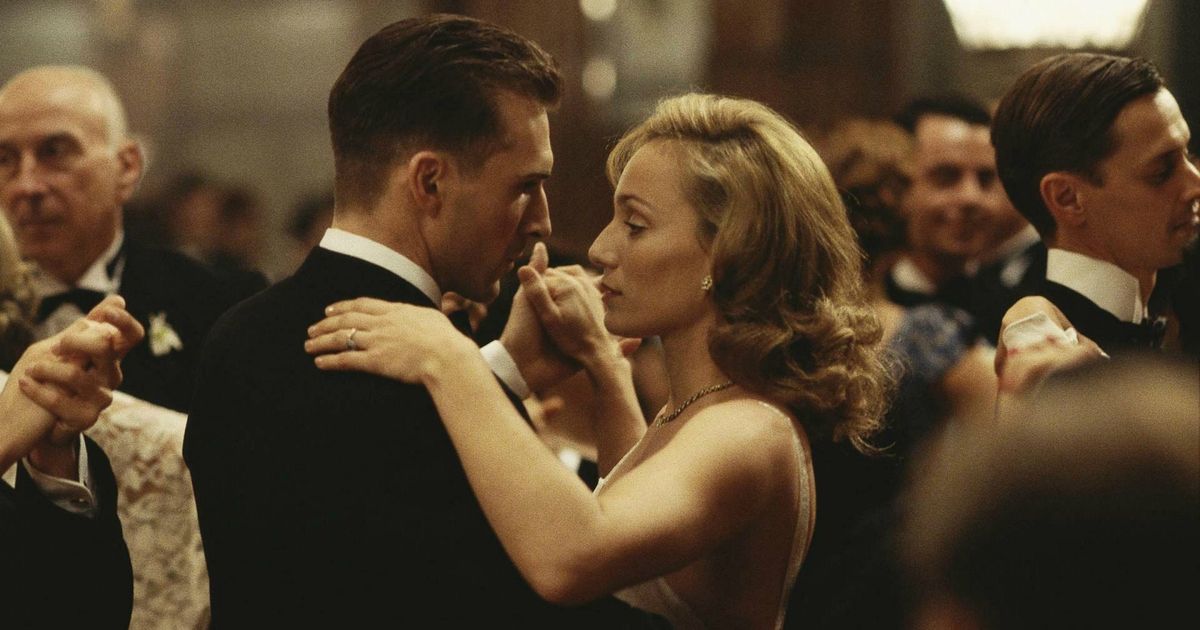I’ve always been fascinated by the thoughts of those who find themselves working in Hollywood. From scandalous tell all biographies to the making of featurettes included on DVD commentaries, I’ve been right there for it all. Doesn’t matter if it’s an acting tip or what lens works best when shooting at night, I want to know.
Of late, Hollywood stars have been pushing it. Don’t worry, this isn’t a tirade about Hollywood and the liberal elites, because frankly I find that argument nauseating. Sure, many of them live lives we can only dream about at this point, but people forget that Johnny Depp grew up in Kentucky, or that Matthew McConaughey developed that honey drawl of his deep in the heart of Texas. What strains credibility for me is when those who are lucky enough to become Hollywood elite decide to start telling everyone else how they can make their lives better by going to Goop and purchasing vagina scented candles. I will defend Gwyneth Paltrow’s acting ability all the livelong day, but if I had to watch her hawk her wares for more than one minute I’d likely develop a twitch.
Sometimes their advice is harmless drivel, aimed at promoting themselves or whatever product they want to sell, but other times it can be actually quite wonderful. TIna Fey’s book Bossyants is great, as is Mindy Kaling’s book Is Everyone Hanging Out Without Me, or Nick Offerman’s Paddle Your Own Canoe, a book I wish my grandfather had been able to read out in his woodshop. Believe it or not, there are many wonderful celebrity books out there written by people who didn’t star on NBC sitcoms. Most of them are earnest, heartfelt, and usually quite candid and funny.
But are they helpful?
That question leads me back to the books I’m currently reading. The Nolan Variations: THe Movies, Mysteries, and Marvels of Christopher Nolan is an excellent book which not only offers biographical details of the filmmaker Christopher Nolan, but how those details framed who he became as a filmmaker and how it shows up in his films. Three chapters in and it’s already made me want to rewatch his entire catalog to further explore it’s themes. It’s the type of book that for any filmmaker/watcher is very helpful for its insights and understandings.
The other book I’m reading is Matthew McConaughey’s Greenlights. I haven’t finished it yet but honestly this book jumps between some serious “what the fuck” moments and anecdotes that should’ve resulted in calls to Child Protective Services. One can tell from the writing that he means well, he seems like a genuinely nice guy, but the book borders on insanity. It reads as a sel-help book, but most of the insights are only helpful if you happen to be Matthew McConaughey. Despite his best intentions, anyone reading it as a guidebook to successful endeavors will likely be disappointed.
But at least now I have the options of reading multiple books or listening to commentaries or filmmaker podcasts. When I was younger I didn’t have all those options, so I tended to look for my real life advice up on the silver screen. I spoke earlier on finding the wrong advice in Goodfellas while alternately being taught empathy with Pump Up the Volume, but I didn’t want to take another deep dive into my psyche for this week because at times it can be incredibly draining. So for this week, I decided to share the wit and wisdom of one actor who specifically came to prominence in 1991-1992 for a trio of solid roles. And while the advice he offers up came courtesy of the screenwriter, it was his delivery that sold it to me.
I give you the wit and wisdom of Wesley Snipes.
1. “They’re grown men? Why are you cooking for them?”
This line, from the VERY IMPORTANT FILM Jungle Fever is almost a throwaway, but in a film that concerns itself with racial/familial/drug issues, this little bon mot on gender roles is perfect. Men, learn how to cook for your damn selves because no one should have to do it for you.
2. “That dancing shit aint gonna work.”
Also from Jungle Fever, in this moment Wesley is talking to his crack addicted brother who is doing a whole song and dance trying to get money from him, but he makes sure to tell him that distracting him isn’t going to work. He knows what he wants and why he is there. Don’t get distracted when people are trying to take advantage of you.
3. “Money talks. Bullshit runs the marathon.”
This gem from New Jack City is Wesley Snipes character Nino Brown talking the tough game, but it’s poetically apt. In this world, sadly, if you’ve got money you’re likely to get what you want almost immediately. If you need to rely on your words and message, you’ve likely got a long road ahead of you.
4. “Sit your five dollar ass down before I make change.”
I’m not one for placing a monetary value on people, but their words and actions do have value. If you’re dealing with someone, make sure you know their true value. Treat those attempting to do good in this world with the utmost value.
5. “See you and I wouldn’t want to be you.”
Not necessarily a deep thought, but damn if this wasn’t one of the coolest comebacks of the 90’s. True Nino Brown.
Despite Jungle Fever being a VERY IMPORTANT FILM and New Jack City being a stylized, yet no less important, look at the beginnings of the crack epidemic, it was a slight and comedic basketball movie that threw out the best Wesley Snipes lines, and at basketball courts across the country I can say with certainty that these words were repeated often. Folks, I give you the genius of Ron Shelton’s White Men Can’t Jump.
6. “It’s hard work to be so good,” and also “it’s hard work to make another man look so bad.”
So no matter what, it takes hard work to become so skilled at something that you can make yourself look great while at the same time making someone else look bad. Lesson is, work hard.
7. “Sun even shines on a dogs ass somedays. Anyone can win the lottery.”
Almost everyone I knew, myself included, had a grandparent who’d say something similar, but when you’re a teen you’re more likely to listen to the Hollywood guy. Doesn’t make the lesson any weaker. Somedays you won’t win, even if you worked hard and did everything right.
8. “There’s a difference between hearing and listening.”
In the movie they might have been talking about the music of Jimi Hendrix, but damn, that’s a lesson that everyone needs to learn. Listening requires understanding, and it pairs well with the next quote.
9. “Listen to the woman. You don’t have to agree but listening is a start.”
In the movie, this is what plagues Woody Harrelson’s character. He often hears what his girlfriend is saying to him, but he rarely listens.
10. “You can put a cat in an oven but that don’t make it a biscuit.”
Just once in my life I hope that I get to say this and have it be both appropriate and meaningful. The first time I heard it I honestly had no idea what he was talking about but I’d like to think I do now. I know I’ve offered up arguments where I was making the Straw Man Fallacy, and I’m thinking that’s what Wesley Snipes was getting at here. It’s actually a pretty severe issue in politics right now, so perhaps a few senators should stop putting cats in the oven.
So there you have it folks, hopefully a little levity after the past few essays. When examining our pasts it’s easier, at least for me, to dwell on the anxieties and the trauma that come to the forefront, but it’s just as important to focus on anything that brought us joy as well. For every VERY IMPORTANT MOVIE like Jungle Fever, remember that there is also White Men Can’t Jump, and that we can learn equally from both of them.



Very well worded!
Thank you!